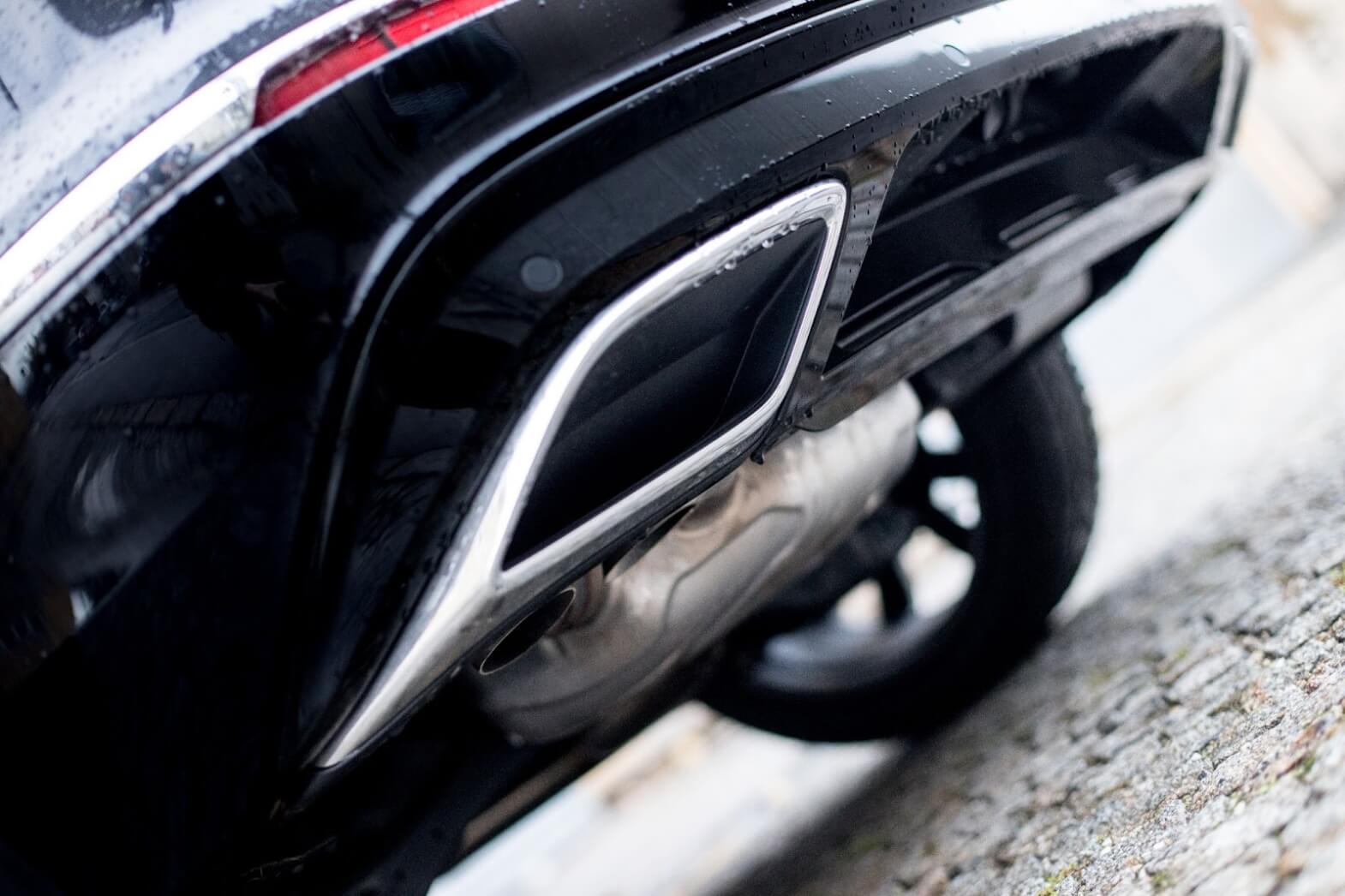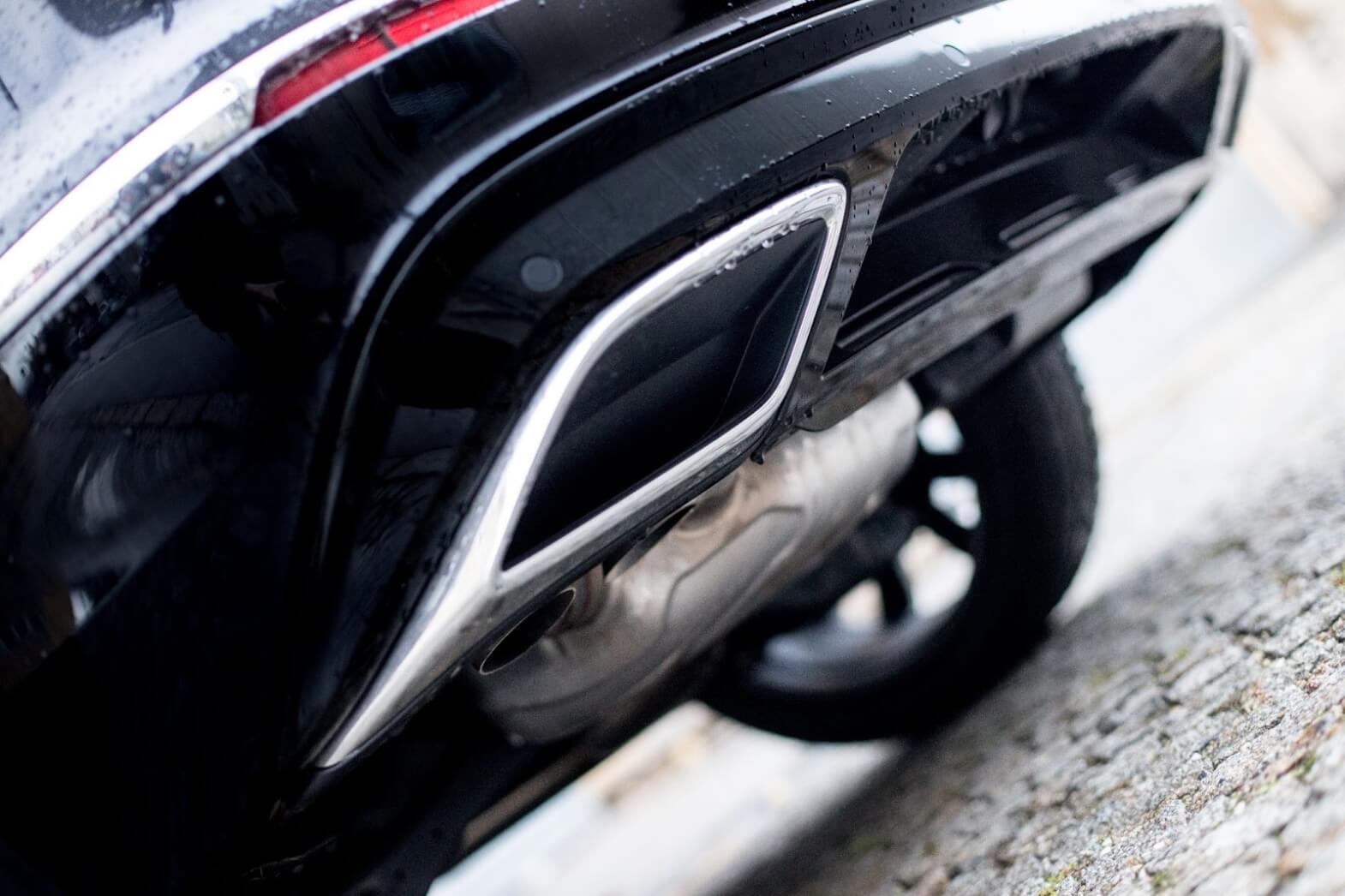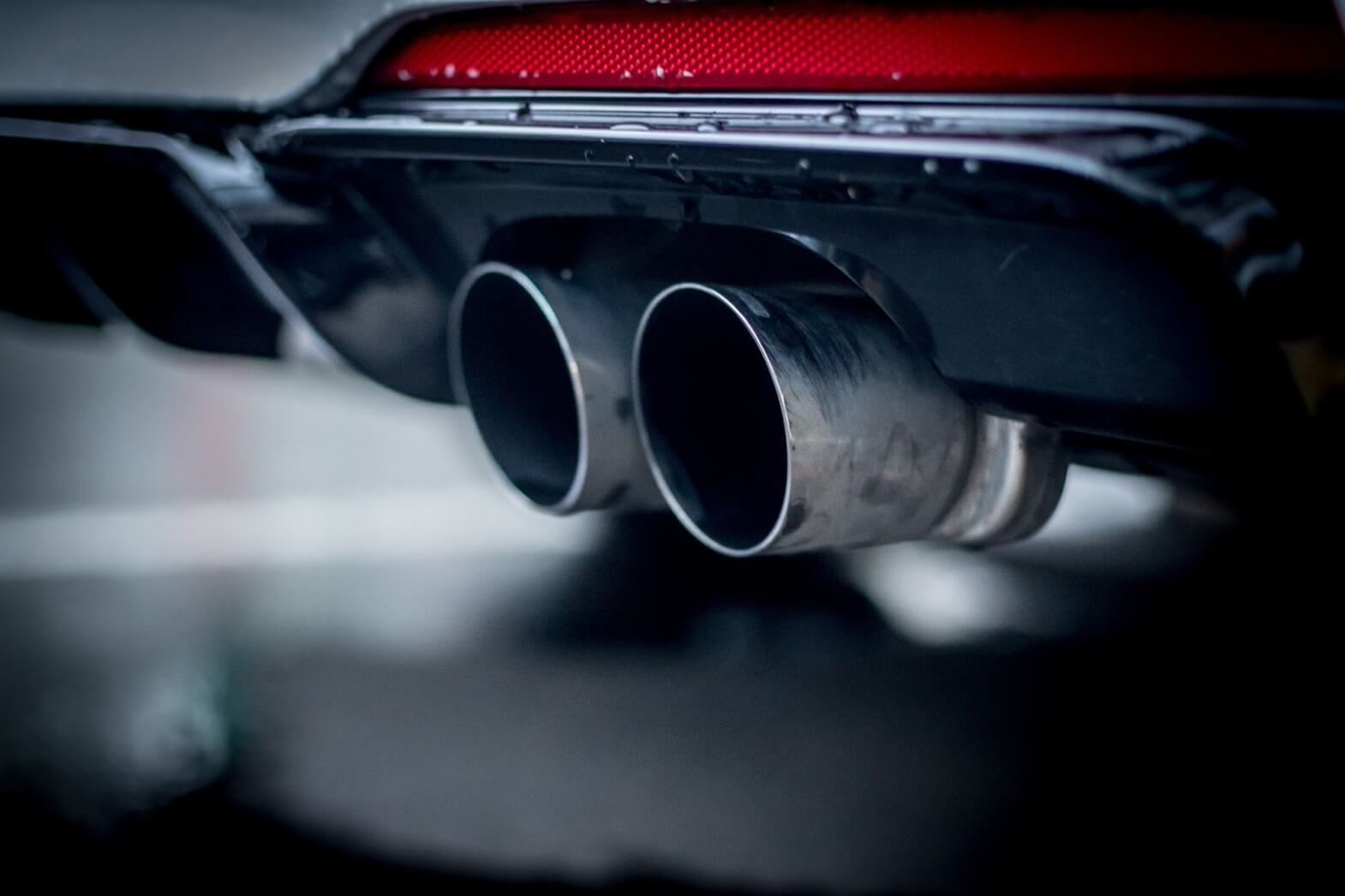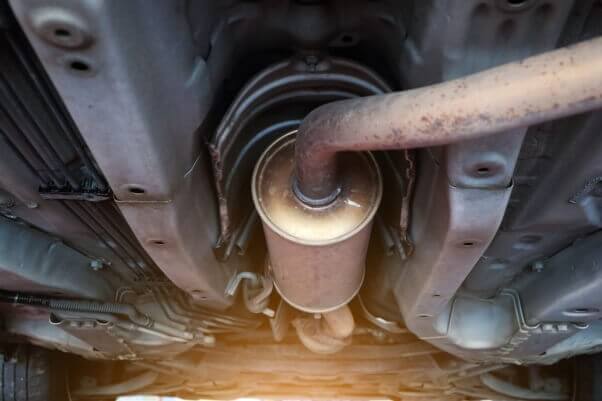Prices for scrap Ford F150 Regular Cab 2010 Catalytic Converters (2 results)
2010 Ford F-150 Regular Cab Used Catalytic Converter: Explore in Detail
The catalytic converter, a vital component in reducing the carbon footprint of vehicles, has become a sought-after item for recycling, especially from models like the F150 of Ford.
F150 Regular Cab (2010): A Quick Overview
Before we delve into the specifics of the catalytic converter, let's understand the vehicle it comes from:
- Body Style & Driveline: The Ford F150 Regular Cab in 2010 is a front-engine vehicle available in both 2-wheel and 4-wheel drive configurations. It boasts a sturdy body-on-frame construction, making it a full-size pickup truck.
- Engine Specifications:
- 4.6L 2V V-8: This engine has an iron block with aluminum heads. It boasts a displacement of 281 cu in (4,606 cc) and delivers a power of 248 hp @4,750 rpm with a torque of 294 ft.-lb. @ 4,000 rpm.
- 4.6L 3V EFI V-8: Another variant with an iron block and aluminum heads, it offers a power of 292 hp @ 5,700 rpm and a torque of 320 ft.-lb. @4,000 rpm.
- 5.4L 3V Triton V-8: This engine variant provides a power of 320 hp @ 5,200 rpm and a torque of 390 ft.-lb. @ 3,500 rpm.
The Value of a Used Catalytic Converter
The catalytic converter, an instrumental device in mitigating harmful vehicle emissions, possesses a value derived from an intricate blend of variables. In the realm of valuation, three cardinal factors rise to prominence: the condition of the used catalyst, the prevailing market prices of essential precious metals, and their composition within the converter itself.
Condition
The operational health and physical integrity of a used catalytic converter play a pivotal role in its valuation.
- Operational Efficacy: The efficiency with which a converter performs its emission-reducing functions can diminish over time and usage. A reduced performance often indicates a depletion in its precious metal content, thereby affecting its value.
- Physical Examination: External indicators, such as deformities, dents, or evident damages, can significantly reduce the converter's market worth. Such damages can not only impact the functionality but also raise doubts about the purity and quantity of the metals inside.
- Internal Assessment: Over its lifespan, a converter might encounter issues like clogging or contamination due to external pollutants or vehicle-related leaks. These internal complications can further decrease its overall valuation.
Price of Precious Metals
The catalytic converter's value is intrinsically tied to the global market prices of its constituent metals: platinum, palladium, and rhodium.
- Market Fluctuations: Driven by global supply-demand dynamics, geopolitical events, and industrial consumption, the prices of these metals are inherently volatile. A surge in their global prices will, by extension, increase the converter's value.
- Economic Climate: Economic downturns often witness a heightened investor interest in tangible assets, pushing the demand and prices of precious metals upward. Conversely, economic stability might lead to relatively stable metal prices.
Composition
At the heart of a catalytic converter lies its metallic composition, primarily comprising platinum, palladium, and rhodium.
- Platinum: Renowned for its durability, platinum plays a vital role in the neutralization process of harmful vehicular gases.
- Palladium: With a significant presence in gasoline engines, palladium is indispensable in converting toxic hydrocarbons and carbon monoxide into safer byproducts.
- Rhodium: This precious and relatively rare metal is paramount in neutralizing nitrogen oxides, a major pollutant.
While these metals are universally present in catalytic converters, their exact proportions and total quantities can vary. This variability is often dictated by manufacturer preferences, vehicle specifications, and regional emission norms.
Calculating the Scrap Catalyst Value
The value of a scrap catalyst is primarily determined by the amount and type of precious metal it contains. Metals like platinum, palladium, and rhodium are commonly found in converters. Local catalyst buyers will often have tools or methods to assess the metal content and provide a quote based on current market prices.
Where to Sell Your Used Catalytic Converter?
If you're looking to find buyers near you for your used catalytic converter for recycling, AutoCatalystMarket.com is a trusted platform. We offer competitive prices based on real-time precious metal quotations. For a more seamless experience, consider using the AutoCatalystMarket Pro app.
Conclusion: Turn Your Ford F150 Regular Cab 2010 Used Catalyst into Profit
Whether you're a local catalyst buyer or looking to reduce your scrap, the used catalytic converter from your 2010 Ford F150 Regular Cab can be a valuable asset. By understanding the factors that influence the price and utilizing platforms like AutoCatalystMarket, you can easily find buyers near you and contribute to catalytic converter recycling.
Don't let your used catalyst gather dust. Explore the opportunities with AutoCatalystMarket and make an informed decision today. Your choice not only impacts your wallet but also helps in reducing the scrap catalytic converter's environmental impact.























